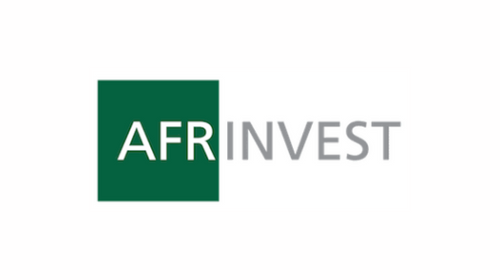Nigeria’s 2025 Budget: A Colossus on Clay Feet?
Nigeria’s 2025 federal budget, an unprecedented N54.99 trillion behemoth, has been met with a wave of apprehension from analysts who fear its ambitious targets are built on shaky foundations. Afrinvest, in its comprehensive analysis, dissects the budget’s components, revealing a fiscal landscape riddled with potential pitfalls. While the budget allocates significant sums to critical sectors like security, education, health, and infrastructure, the overall picture is clouded by a looming fiscal deficit of N18.64 trillion, fueled by projected revenues of only N36.35 trillion. This chasm between expenditure and income raises immediate concerns about the budget’s sustainability and its potential impact on the nation’s economic health.
Despite the substantial headline figures, a closer examination reveals troubling allocation priorities. While education and health are undoubtedly crucial for national development, the government’s commitment to these sectors appears underwhelming, with less than 12% of the budget earmarked for their combined needs. This raises questions about whether the budget adequately addresses the country’s human capital development requirements, particularly in light of existing challenges in these critical sectors. Furthermore, the analysis points to a historical pattern of low budget credibility and skewed implementation, favoring recurrent expenditure over capital projects. This trend suggests that even with increased allocations, the actual funds directed towards development initiatives may fall short of expectations, undermining the budget’s intended impact.
Adding to the internal challenges, external economic headwinds pose significant threats to the budget’s successful execution. The report cites the potential for a trade war between the US and China, and the consequent fall in global oil prices, as significant risks to Nigeria’s revenue projections, which rely heavily on oil exports. This external vulnerability underscores the need for diversified revenue streams and a more robust economic framework that can withstand global shocks. Internally, Nigeria grapples with weak institutions, persistent high inflation, and a widening fiscal deficit, all of which further complicate the task of effective budget implementation. These compounding factors paint a picture of a budget struggling to gain traction in a challenging economic environment.
The budget process itself has been marred by delays and questionable amendments, casting further doubt on its credibility and adherence to established fiscal principles. Passed nearly two months later than the previous year’s budget, the 2025 budget has undergone significant revisions, ballooning from its initial proposal to a final figure of N54.99 trillion – a staggering N19.9 trillion increase over the 2024 budget. This substantial increase, along with deviations from established budgetary procedures, raises concerns about governance, fiscal discipline, and potential violations of the Fiscal Responsibility Act. The opaque nature of these amendments further undermines public trust in the budget process and its ability to deliver on its promises.
Underlying the budget are key economic assumptions that appear overly optimistic, particularly in the context of past performance and current realities. The government’s projected oil production target of 2.06 million barrels per day is deemed unrealistic given the persistent challenges plaguing the oil sector. Similarly, the inflation target of 15% and the exchange rate band of N1,500 to N1,650 to the dollar require careful monetary policy management and improved fiscal discipline to achieve. The report stresses the urgent need for the government to address its internal weaknesses, including bolstering institutions, improving revenue generation, taming inflation, and curbing the escalating fiscal deficit. Failure to tackle these fundamental issues could derail the ambitious 2025 budget and jeopardize its objectives.
The World Bank’s assessment of the budget echoes these concerns, labeling it overly ambitious and warning of the potential need to resort to the Central Bank of Nigeria’s Ways and Means facility to finance anticipated revenue shortfalls. This reliance on potentially inflationary financing further underscores the fragility of the budget’s foundation and the risks associated with its implementation. The convergence of internal vulnerabilities, external pressures, and questionable budgetary practices paints a precarious picture for Nigeria’s 2025 budget, raising serious doubts about its ability to deliver on its promises and contribute to sustainable economic growth. The budget, while aiming high, risks becoming a monument to unrealized aspirations if the underlying structural and fiscal challenges are not addressed decisively.














